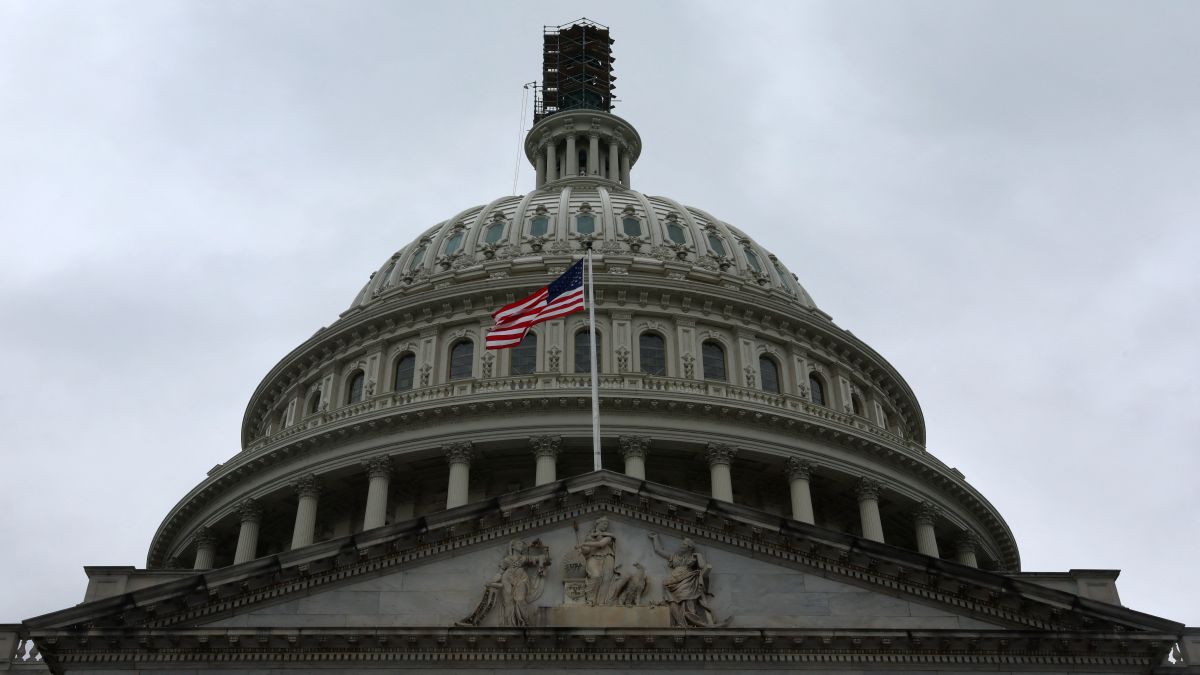Dame Sarah Mullally created history after she became the first woman to be appointed to the Church of England’s most senior ministry position as Archbishop of Canterbury. Her appointment followed a distinguished career marked by several pioneering roles, including England’s youngest chief nursing officer and the first female bishop of London.
However, she will now face a challenging tenure, navigating ongoing safeguarding scandals, deep divisions over blessings for same-sex couples, and declining church attendance. Despite these obstacles, her experience positions her as a widely regarded “safe pair of hands” for the role.
Dame Mullally was ordained in 2001 and eventually left her government post as chief nursing officer at the Department of Health in 2004. She later took up a full-time ministry in the London borough of Sutton.
She was made Dame in 2005 in recognition of her outstanding contribution to nursing and midwifery. In 2017, she was named the bishop of London. While speaking about her different careers, Dame Mullally said that she feels she has “always had one vocation: to follow Jesus Christ”.
“I am often asked what it has been like to have had two careers, first in the NHS and now in the Church,” she said at that time. “I prefer to think that I have always had one vocation: to follow Jesus Christ, to know him and to make him known, always seeking to live with compassion in the service of others, whether as a nurse, a priest, or a bishop,” she added.
Why it matters
Her appointment to all her posts emerged as a sign of the Church’s progress on women’s roles, having followed Libby Lane, who made history when she was consecrated as the first woman bishop in 2015. As the Archbishop of Canterbury, Dame Mullally will be automatically granted a seat in the House of Lords.
It is pertient to note that Dame Mullaly has had a place there since 2018 as a senior bishop. She will also have a vote on the Assisted Dying Bill for England and Wales that is currently being considered at Westminster.
Impact Shorts
More ShortsAs a strong opponent of the Bill, Dame Mullally warned that the legislation “fails in its central plank, that it delivers choice”. Last month, she said during a debate in the Lords that “choice is an illusion” and said she believed “no amendments to this Bill that can safeguard us completely from its negative effects”.
Meanwhile, Dame Mullally is seen as a progressive on the issue of same-sex blessings in the Church - a subject which has seen strongly competing opinions among Church members.


)

)
)
)
)
)
)
)
)



